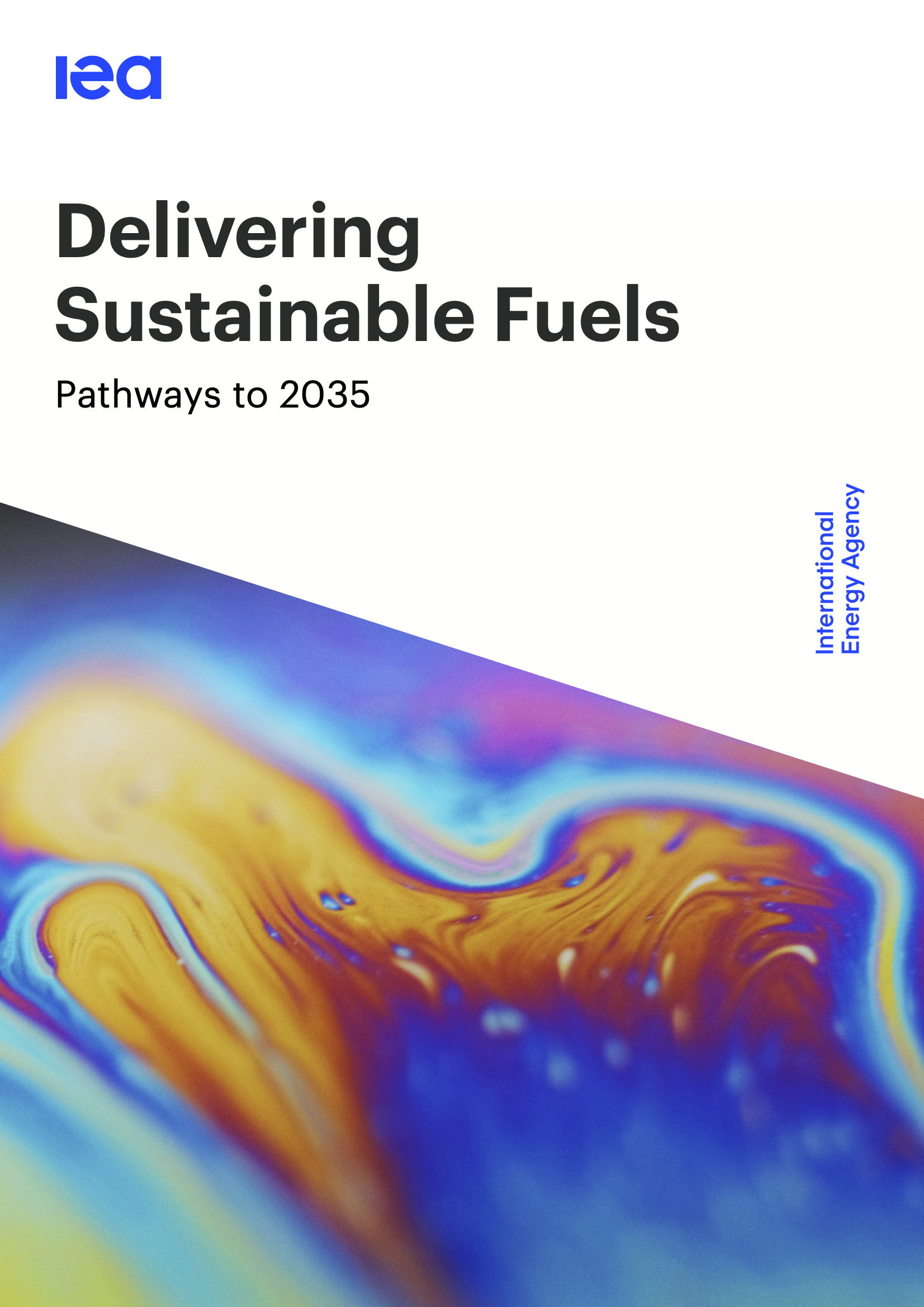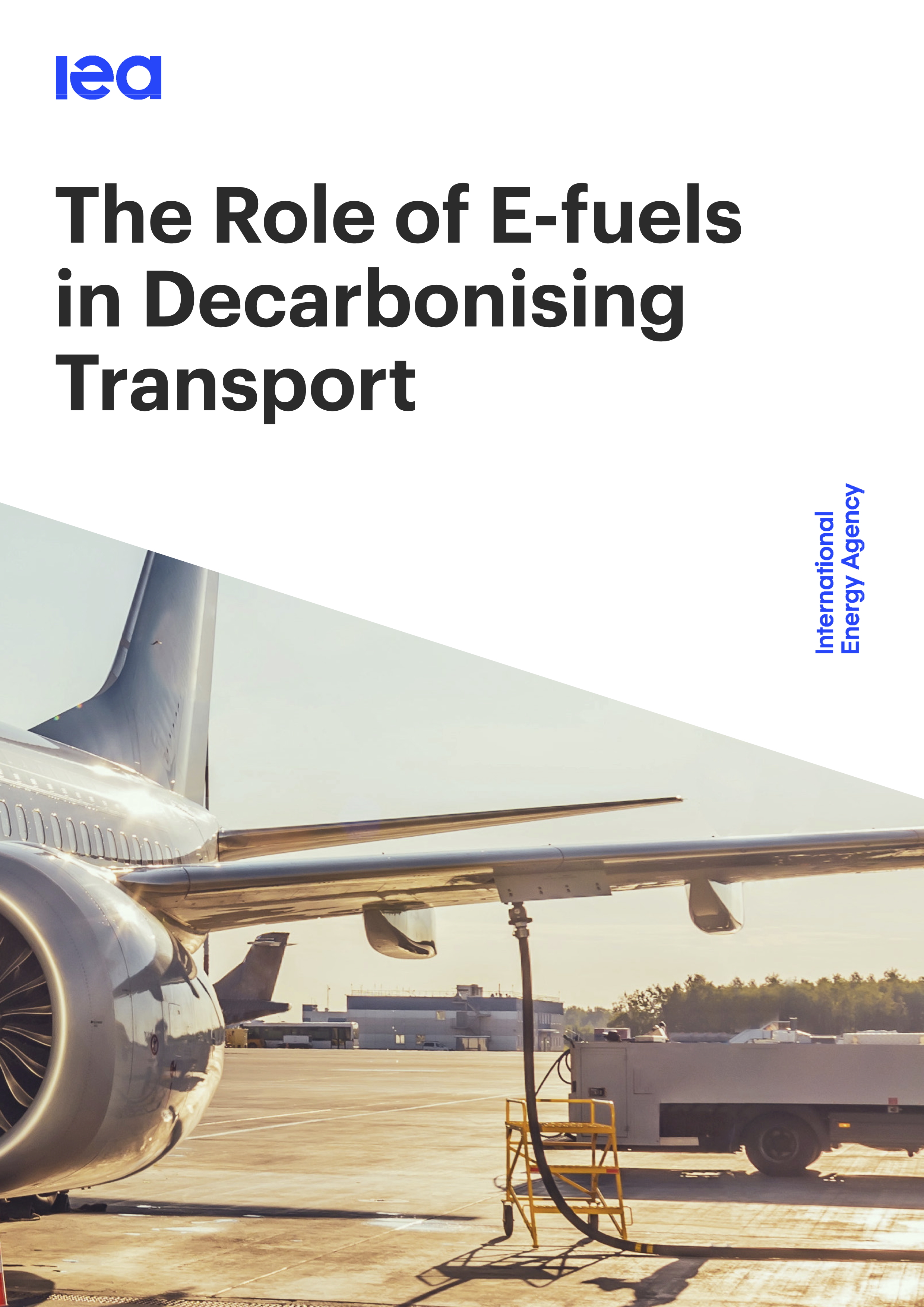Retrospective on the Sea-going Shipping Workshop of August 31st

This is a short retrospective on the workshop "Sea-going shipping workshop: maritime sector as the new climate champion?", organised by the Platform in The Hague on August 31st, 2023.
For a detailed summary of all presentations see the document on the righthand side.
In this workshop we explored the uptake of renewable fuels in the maritime sector and how it could set the stage as a “new climate champion”.
We brought together a diverse group of stakeholders from the maritime sector. We took note of several proposed and existing policy measures that are helping to increase the prices of fossil fuels. In this workshop several key-note speakers presented us with inspirational ideas on how to bring down the cost-price of renewable fuels for the use in maritime shipping, in order to further close down the price-gap between fossil marine fuels and its renewable alternatives. On this day we touched upon many elements that can help bring down the price of renewable fuels, specifically for marine application.
We touched upon the significance and scale in which we will still need carbon for the coming decades, which should not be of fossil origin. We discussed the large potential availability of sustainable biomass streams and the large variety of conversion technologies available to produce renewable fuels. We developed a systems-thinking approach to address supply-side issues. Security and upscaling of biomass supply can be improved with the development of Biohubs, which incorporate social, environmental and economic elements of sustainability and improves development and livelihoods in regions with high biomass potential, but relatively low infrastructure and institutional development. New maritime renewable fuel options can be coupled with value chains that are also required in other sectors (such as: aviation, road transport, chemicals and materials). Fossil products are easily tradable due to the existence of clearly defined specifications. The development of standardised specifications for renewable intermediate products and renewable fuels can help to also improve the positioning of these products and to streamline refining processes at better cost-efficiency. Green corridors can facilitate large scale renewable fuel usage on important shipping lanes.
Moreover, the quest for a cost competitive non-fossil carbon continues. We concluded that strong policy that incentivises renewable fuels and allows for flexibility in options is essential to quickly phase out fossil fuels from our systems and to bring down greenhouse gas emissions now at scale.
This workshop has sparked conversation between different stakeholders and we hope that these ideas are brought further in upcoming discussions and events.
The programme featured the following presentations:
Welcome & introduction
Loes Knotter (Platform Renewable Fuels) - Key numbers and takeaways from Platform Renewable fuels.
Bridging the price gap between renewable and fossil fuel options
Dr. John Posada Duque (TU Delft) – what are cost-effective options and how to improve cost-effectiveness?
Access to sustainable social fair biomass supply chains
Prof. Patricia Osseweijer (TU Delft) – the TU Delft clean shipping project and the BioHUB concept.
System level thinking (wider system of the energy transition)
Prof. Gert Jan Kramer (UU) - The quest for circular carbon (i.e. non-fossil carbon).
Prof. Martin Junginger (UU) - biomass residue feedstock potentials and compatible conversion technologies to (drop-in) marine fuels.
Program to support the market to develop cost-effective solutions
Peter Mollema (Port of Rotterdam) – Development of green corridors.
Jesper Jarl Fanø (Maersk) – Vertical integration in production of green marine fuels.
Felipe Ferrari (Finco Energies) – The value of specs for new renewable marine fuel options.
Karlijn Arts (OCI) - Upscaling green methanol for various markets.
Recente artikelen
IEA: Delivering Sustainable Fuels: Pathways to 2035

IEA: The Role of E-fuels in Decarbonising Transport (revised version)


